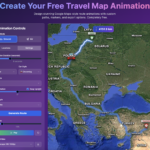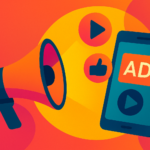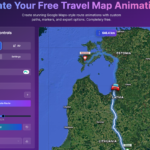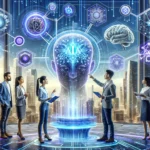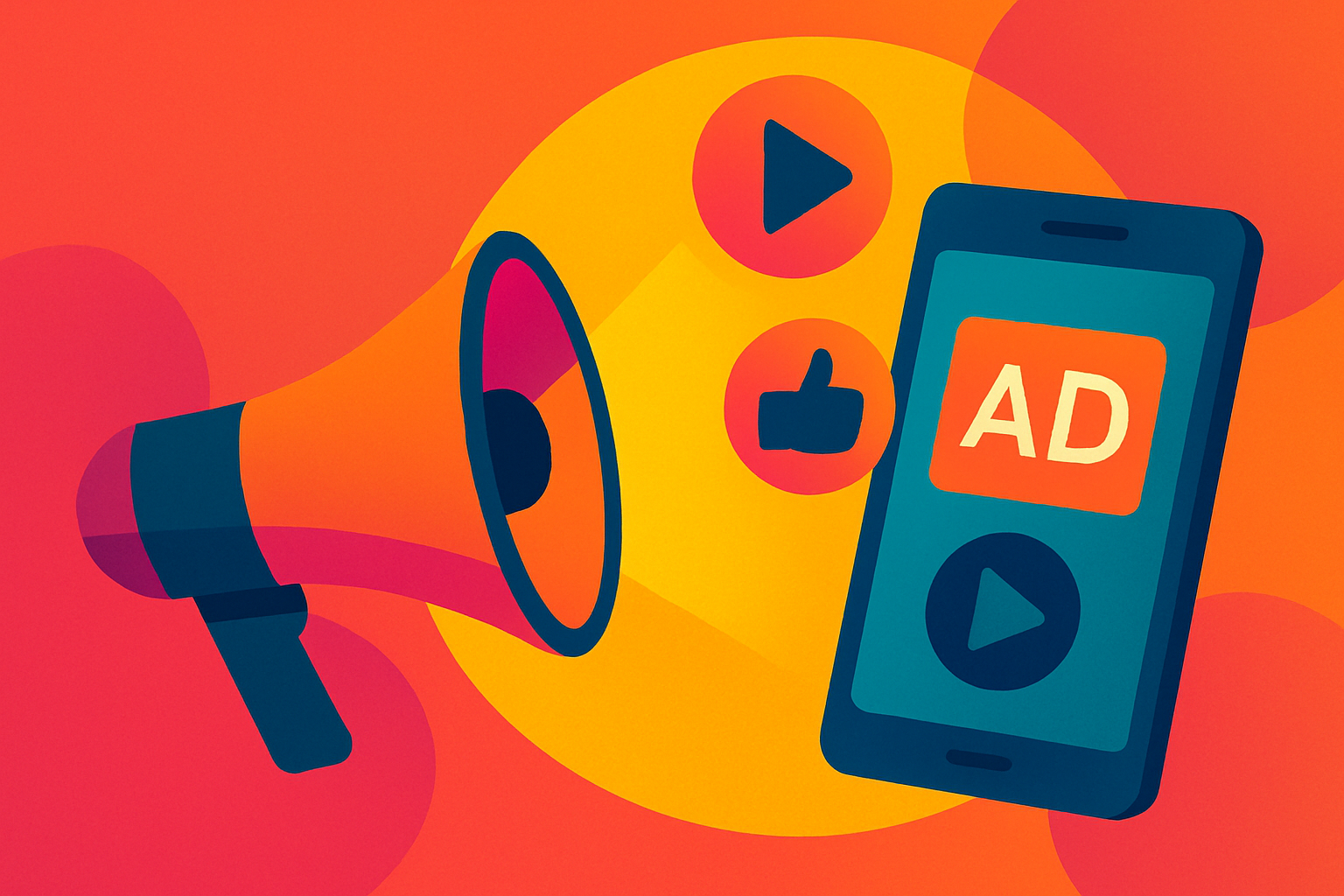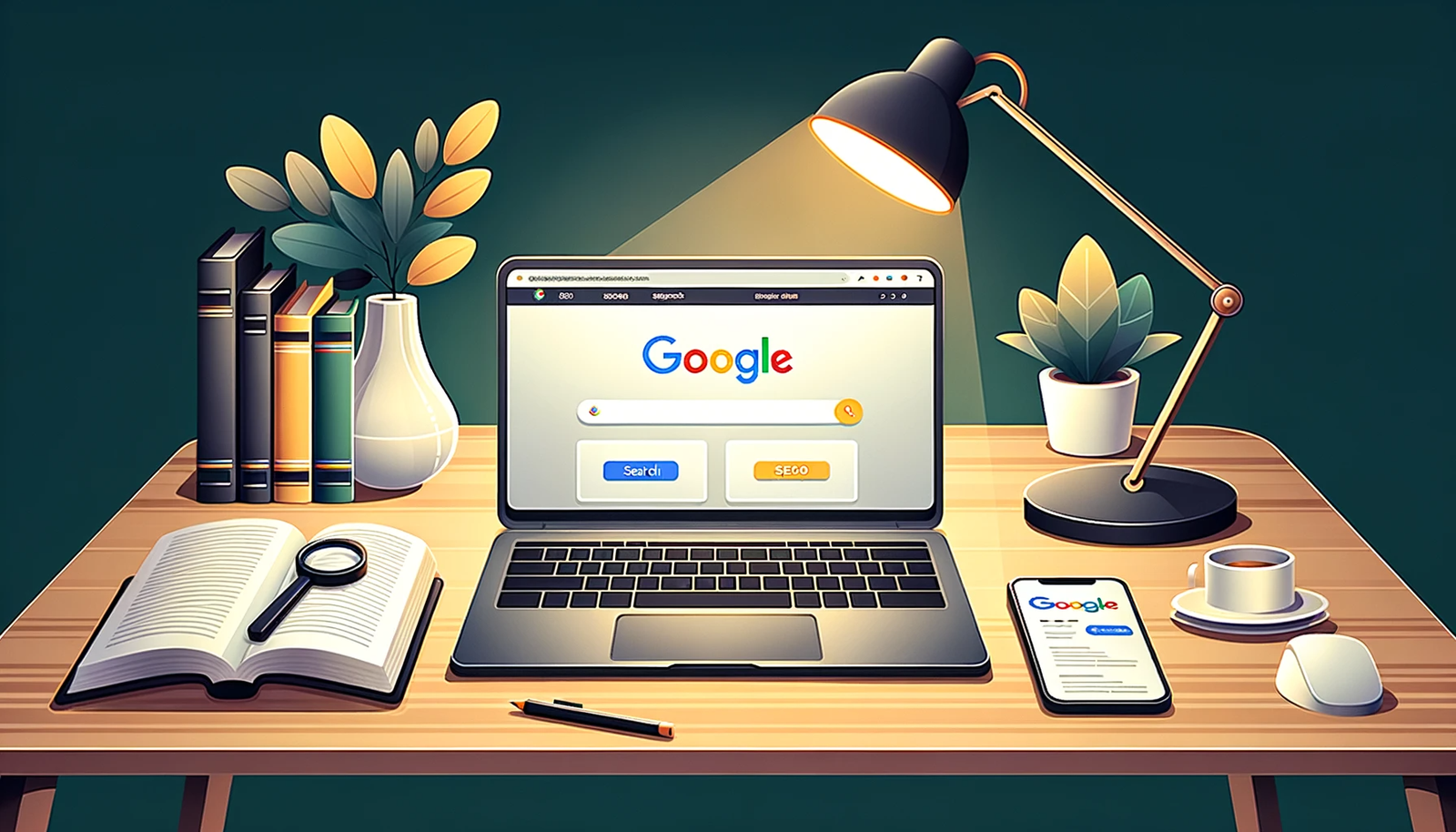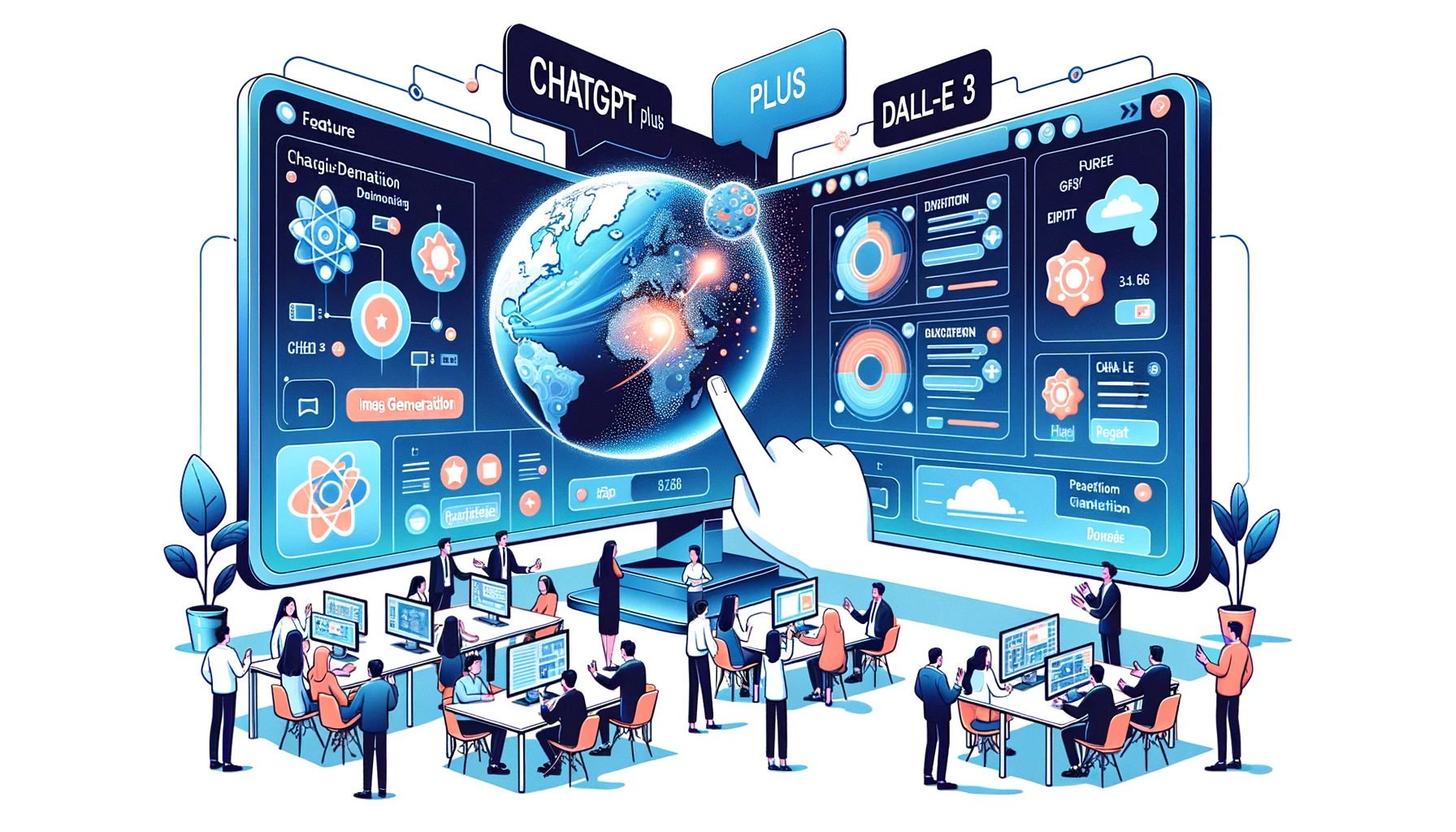OpenAI’s Developer Conference was a showcase of innovation and a testament to the transformative power of artificial intelligence in the realm of software development. The event was marked by significant announcements and demonstrations that not only highlighted the advancements in AI but also set the stage for a future where AI is seamlessly integrated into our digital tools and workflows.
A Synergistic Partnership with Microsoft
The conference opened with a dialogue between OpenAI and Microsoft, reinforcing a partnership that is poised to accelerate the development of AI technologies. Microsoft CEO Satya Nadella emphasized the company’s commitment to providing the infrastructure necessary for OpenAI’s ambitious roadmap. He announced the availability of GitHub Copilot Enterprise Edition to all attendees, illustrating a shared vision of democratizing AI tools for developers.
The Evolution of ChatGPT and GPT-4
The event marked the evolution of ChatGPT with the integration of the GPT-4 Turbo model, which includes the latest knowledge updates and the ability to perform a wider range of tasks. OpenAI addressed user feedback by eliminating the model picker, streamlining the user experience to ensure that ChatGPT can intelligently select the appropriate tools without manual input.
Introducing GPTs: Customizable AI for Specialized Tasks
One of the most significant announcements was the introduction of GPTs — tailored versions of ChatGPT designed for specific purposes. These custom AI models can be instructed with extended knowledge and actions, allowing for a more personalized and efficient AI experience. GPTs represent a step towards the development of AI agents capable of performing complex tasks on behalf of users.
The Assistance API: Simplifying AI-Assisted Experiences
The conference also unveiled the Assistance API, a tool designed to simplify the creation of AI-assisted experiences within applications. This API includes features like persistent threads, a built-in retrieval code interpreter, and improved function calling. Demonstrations showcased how developers could quickly integrate an AI assistant into their apps, enabling rich text and voice interactions for end-users.
Code Interpreter: AI That Writes and Executes Code
A groundbreaking feature introduced at the conference was the code interpreter, now available in the API. This functionality allows AI to write and execute code on the fly, even generating files when needed. The code interpreter can perform complex calculations, interact with documents, and execute functions, showcasing the potential for AI to assist in more technical and specialized tasks.
The Future of AI: Agents and Empowerment
The overarching theme of the conference was the future of AI agents — intelligent systems that can plan and perform actions autonomously. OpenAI emphasized the importance of gradual and iterative deployment to address safety challenges and ensure that AI agents can be integrated thoughtfully into society.
Conclusion: A Technological and Societal Revolution
OpenAI’s Developer Conference was not just about the latest updates and tools; it was a glimpse into a future where AI empowers individuals with unprecedented capabilities. As AI becomes more integrated into our digital environment, it promises to elevate humanity to new heights of creativity and productivity. With the advancements announced at the conference, OpenAI invites developers to join in shaping this new future, one where AI is a partner in our quest to achieve more.

